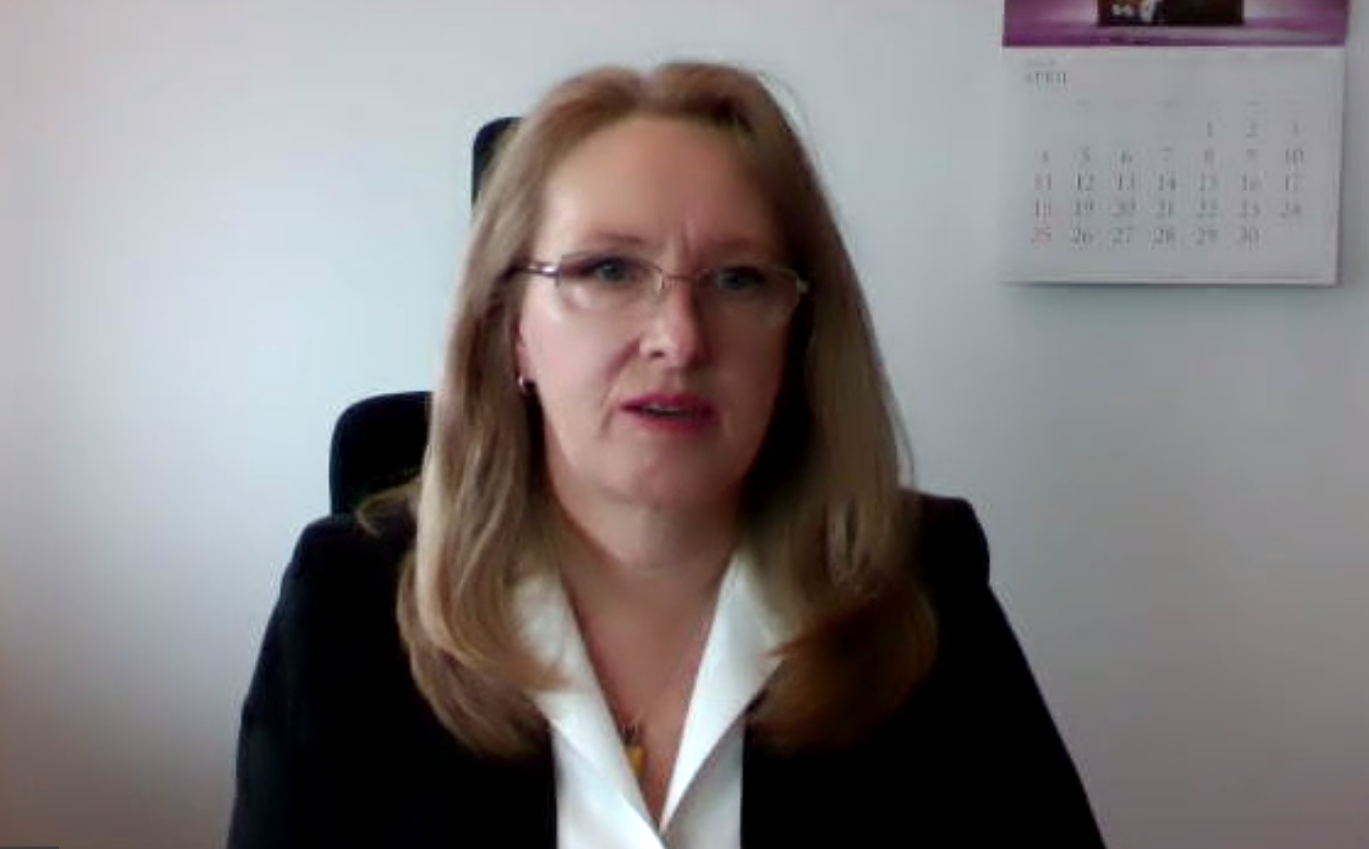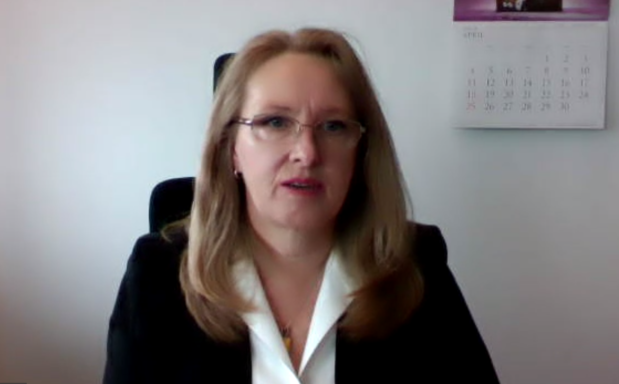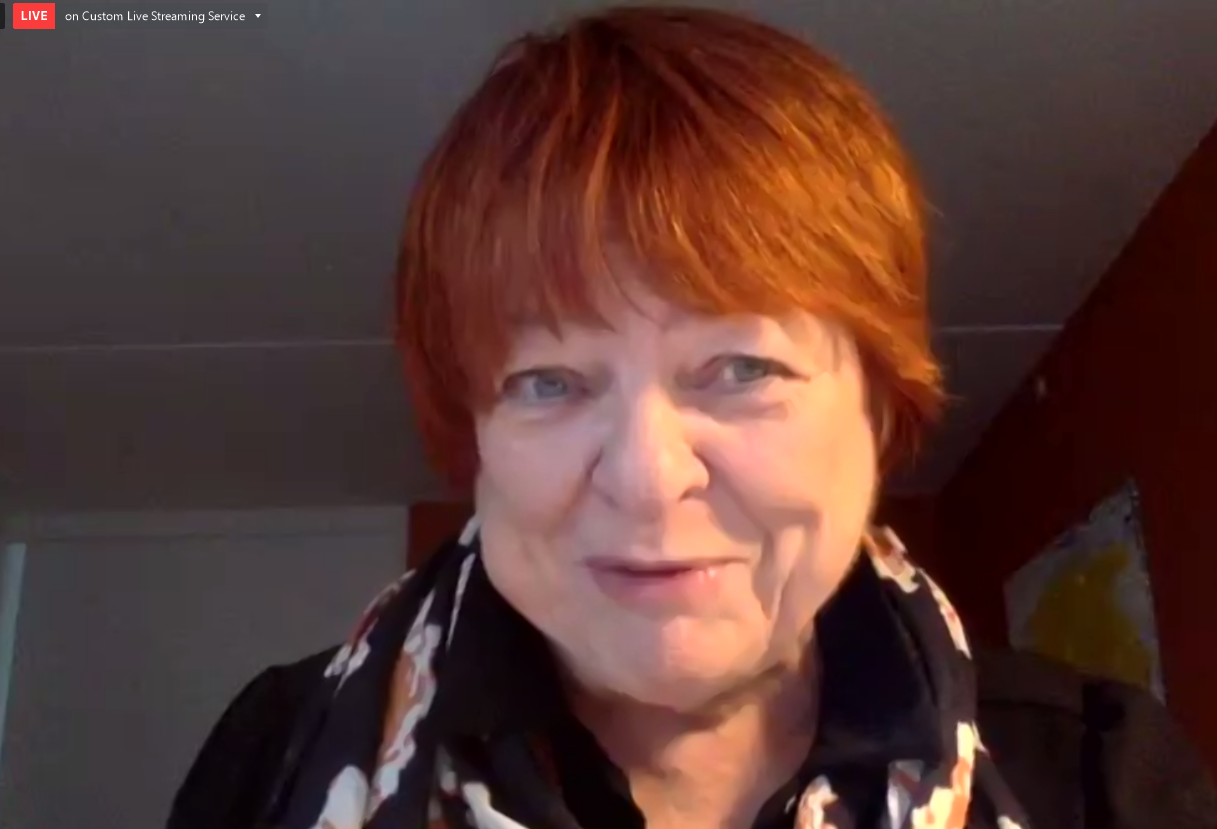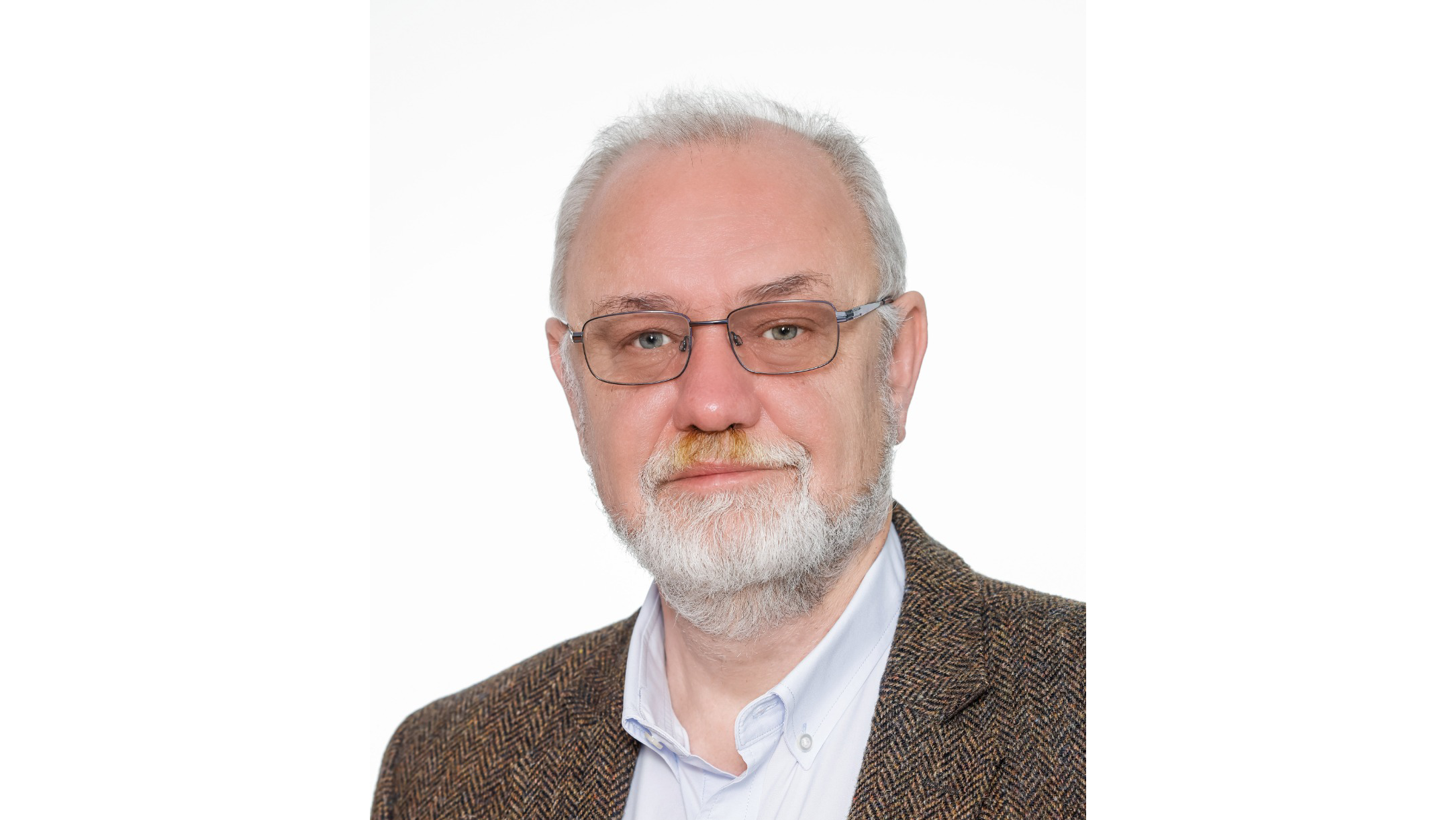

On 12 September 2019, the UN General Assembly (UNGA) agreed by consensus to adopt UNGA resolution 73/338, declaring 2021 the "International Year of Peace and Trust." The resolution was sponsored by Turkmenistan. To take stock of progress on peace and trust in the nuclear field, the government of Turkmenistan and the Preparatory Commission for the Comprehensive Nuclear-Test-Ban Treaty Organization (CTBTO) organised a virtual conference on 27 April 2021 entitled “Ensuring peace, stability and security: Strengthening international and regional cooperation in the field of disarmament.”
VCDNP Executive Director spoke during the conference, alongside leaders of international organisations and Vienna-based ambassadors.
Ms. Sokova noted that 2021 has seen some successes in non-proliferation and disarmament, including the entry into force of the Treaty on the Prohibition of Nuclear Weapons, the five-year extension of the 2010 Strategic Arms Reduction Treaty (New START) and positive motion towards the United States and Iran returning to compliance with the Joint Comprehensive Plan of Action. However, she also observed that existing challenges to nuclear non-proliferation and disarmament persist. The ongoing nuclear modernisation efforts and worsening relations between the nuclear powers pose serious risks to international security and are likely to impede success at the upcoming Review Conference to the Treaty on the Non-Proliferation of Nuclear Weapons (NPT).
Against this backdrop, what are the steps forward? Ms. Sokova argued that regular dialogue and communication are key in restoring trust among nations. The seeds of constructive dialogue, patience, and empathy need to be nurtured and we need to re-learn how to conduct constructive dialogue. Multilateralism will be critical to addressing today's challenges, and international and regional organisations have a special role to play.
Ms. Sokova emphasized the contribution of education in non-proliferation and disarmament to restoring peace and trust which is also mentioned in UNGA 73/338. In addition, the engagement with and active involvement of women, developing countries and young experts is especially critical to advancing nuclear non-proliferation and disarmament. Ms. Sokova noted the VCDNP's work in education and training and engagement with the next generation and young women. In this regard, she commended the work of other international and regional organisations for their efforts, including the CTBTO Youth Group, the Scholarship for Peace and Security co-organised by the UN Office for Disarmament Affairs and the Organization for Security and Co-operation in Europe, as well as others.
Moving forward, Ms. Sokova argued, non-proliferation and disarmament education should be enhanced, including geographically by expanding to more regions and developing countries in particular, as well as expanding education at all levels, starting with schools. In addition, she called on member states, as well as international and regional organisations to expand their engagement with non-governmental organisations, youth, women and other underrepresented groups in related meetings, such as the NPT Review Conferences and other major nuclear non-proliferation and disarmament fora.

